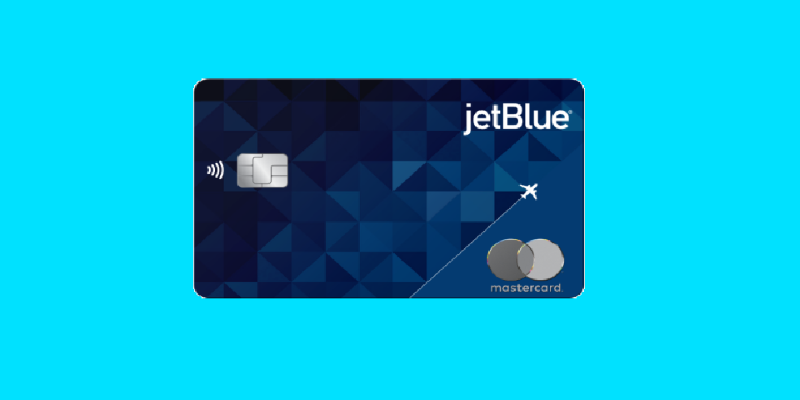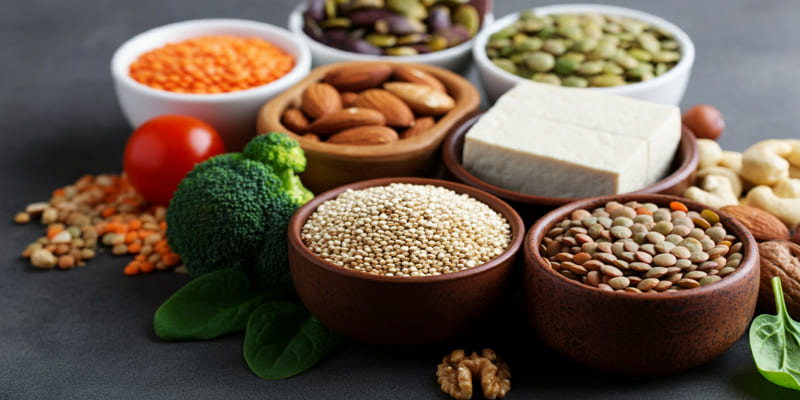You probably know that feeling when you have to have that tasty dessert, even though you are not hungry. It is called hedonic eating, one of the significant deterrents to healthy eating. The complicated relationship between food and pleasure means it is crucial to understand why eating for enjoyment is indeed more straightforward than eating to satisfy hunger or simply to keep the human body going. Pleasure Principle: Why Eating for Enjoyment is Harder to Control
The Pleasure Principle: Why Eating for Enjoyment is Harder to Control

The Allure of Pleasurable Foods
Eating for pleasure, not because of hunger, triggers a potent psychological and physiological response. The brain's reward centers light up, spewing out feel-good chemicals like dopamine. This initiates a positive feedback loop in the brain, motivating you to seek more pleasurable eating experiences. Unfortunately, this may lead to overconsumption since the need for more pleasure may override your body's natural satiety signals.
The Role of Highly Palatable Foods
We live today in an environment of food that contains mainly highly palatable foods that have been explicitly developed to be irresistible. Many of these include mixtures of sugar, fat, and salt in ways that work especially intensely on the brains of natural, whole foods via reward pathways. It would be more likely to prefer that hyper-palatable option when eating because enjoyment is overeating without feeling full.
Emotional Eating and Comfort Food
Most agree that eating for pleasure is generally associated with emotional needs, such as seeking and releasing tension, celebrating, and celebrating. These emotions may be challenging due to this emotional attachment. The upbeat mood of comfort food reinforces the behavior, creating a cycle of emotional eating.
Mindfulness and Conscious Eating
The better way to handle hedonic eating is to apply some principles of mindful eating: Pay attention to the food's flavor, texture, and aroma. Eat slowly, savoring each bite. This way, you can get more satisfaction from smaller portions, helping you stop before you overdo it and still enjoy your meals.
Hunger vs. Hedonic Eating: Understanding the Difference
Not all motivations for eating are created equal. Understanding the difference between eating due to hunger and pleasure is at the core of a healthy eating relationship. Let's explore the two driving forces behind eating and its impact on your health.
Physiological Hunger
Hunger is your body's standard signal that it requires refueling. This physiological drive is mediated through complicated mechanisms involving hormones and nerves responding to your energy requirements. If you are truly hungry, then you may experience any of the following:
- Rumbling stomach
- Inability to concentrate
- Irritability or mood swings
- Weakness or lethargy
Hedonic Eating
On the other hand, hedonic eating is due to the pleasure and reward provided by food, not from physiological needs. This generally occurs in response to the following:
- Enticing aromas or visual cues
- Emotional states like stress or boredom
- Social situations or celebrations
- Habit or routine
The Impact on Health
Understanding these differences is essential because hedonic eating has a more significant potential to lead to overeating. When one eats for pleasure and not because of hunger, it is much easier to take in more calories than the body needs. This can eventually lead to weight gain, metabolic problems, and other health issues.
The Dangers of Overeating for Pleasure: Health Risks and Consequences

Eating for pleasure and not because of hunger may cause many health complications if overdone. Being informed about these complications is essential to keep one healthy and prevent further complications.
Obesity and Weight Gain
Continuous overeating, especially high-calorie foods, may result in excellent weight gain over some time. This extra weight applies additional pressure on your body systems and heightens the chances of getting obesity-related disorders.
Metabolic Disorders
Overindulgence in delicious foods that are very sugar—and unhealthy fat-laden will offset the metabolic processes within your body. If unaddressed, this could precipitate insulin resistance, culminating in type 2 diabetes.
Cardiovascular Complications
Food taken for delight is often highly saturated with fat and cholesterol. Over time, this may plague arteries within one's body, including those of the heart and brain, increasing risks related to heart disease, hypertension, and stroke.
Digestive Issues
Overeating adds more workload to digestion, which can cause bloating, acid reflux, and discomfort. Chronic overeating may also lead to critical gastrointestinal disorders like gastroesophageal reflux disease and irritable bowel syndrome.
Psychological Impact
However, while the pleasure of eating will bring temporary gratification, emotional consequences may ensue. Guilt, shame, and loss of control may eventually build up to potentially manifest in disordered eating or, for some, into a clinical eating disorder.
Tips for Mindful Eating: Cultivating a Healthy Relationship with Food
Practice Conscious Consumption
Awareness starts by being a mindful eater: Stop before reaching for that snack and check: Is this due to hunger, an emotional reaction, or automatic action? Being more consciously aware of your feelings of hunger can help you better differentiate between the physical need for food and the asychological want.
Engapsychologicals
When you eat, eat completely. Pay attention to the food's colors, textures, and aromas. Eat small bites and chew slowly so you can experience every flavor. This sensory engagement enhances enjoyment while allowing your body to notice fullness, which should prevent overconsumption.
Create a Distraction-Free Environment
Eating is often hurried and multitasking in today's fast world. Such practice could lead to eating mindlessly and overeating. It would help if you made meal times a sanctity-just turn off the screens and set work aside. Attention to eating will let you enjoy your meal, feel full after appropriate portions of intake, and avoid overindulgence.
Listen to Your Body's Signals
It is the process of learning to recognize your body's actual states of hunger and fullness. You eat when you are hungry, not because it is "time," and stop when you are sensibly complete rather than overfull. This practice normalizes weight by intuitive eating, thus maintaining an easygoing relationship with food.
Conclusion
Mindfulness about eating is the secret ingredient to having a healthy relationship with food. It helps you distinguish between when you eat because you enjoy eating and when you are feeling hungry.












